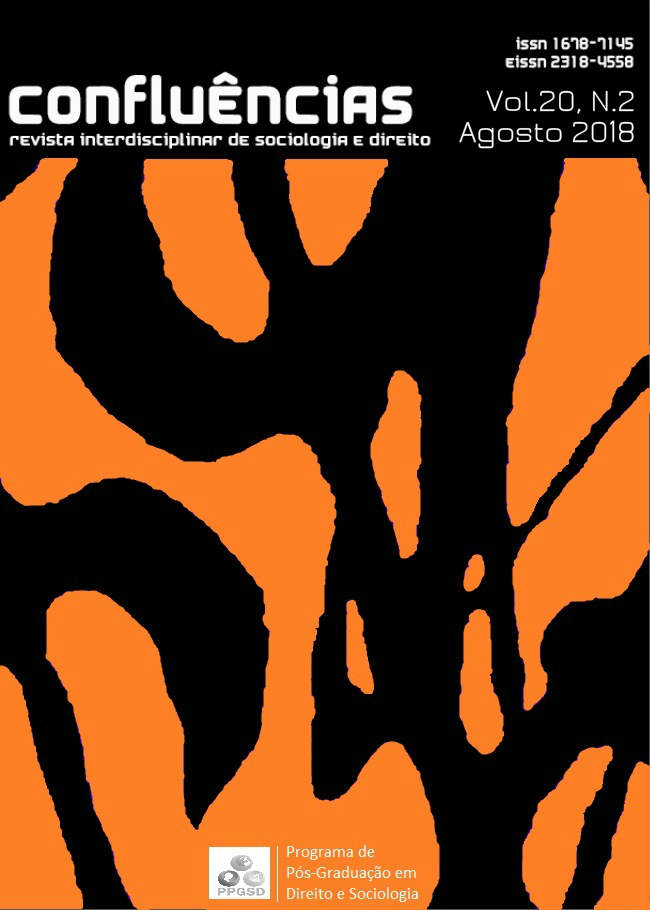EDUCATIONAL STRATEGY FOR DEVELOPMENT AS FREEDOM: EDUCATION ON HUMAN RIGHTS
DOI:
https://doi.org/10.22409/conflu20i2.p533Keywords:
Human dignity, Education, Development, Human rights.Abstract
One of the most critical moments in the history of humanity lives in modern times. The world has experienced the greatest human suffering since World War II, just look at the refugee crisis and the endless civil wars in the Middle East. In Brazil, violations of human rights occur practically in all areas of social coexistence, whether at work, at school, in educational institutions, in everyday and last-day living spaces, and especially in social networks. Waves of intolerance, discriminatory practices, violence, disparagement of certain groups, discourses of hatred and, above all, distortion of the notion of human rights, have contributed to this peculiar moment in national history. Human Rights Education (HRE) has been enshrined in virtually all international human rights documents, initially with a view to making public the provisions of the International Covenants and currently aimed at transforming the culture of human rights violations into a culture of respect, recognition and appreciation of the human person. This article discusses the importance of Human Rights Education as an accurate tool in the context of the expansion of individual freedom, through the expansion of human capacities, because to promote and protect any right, it is first necessary to know it. Thus, only from an education that explores the historical, social, political and legal construction of human rights, as well as stimulates the critical reflection of the students on how violations occur and how to overcome them, the individual can participate actively in the democratic process and will be able to influence public policies that recognize, ensure or restore human rights while they are being violated.Downloads
References
ALVES, José Augusto Lindgren. 1999. A declaração dos direitos humanos na pós-modernidade, 1999. Disponível em
<http://www.dhnet.org.br/direitos/militantes/lindgrenalves/lindgren_100.htm>
Acesso em 12/06/2016.
AGAMBEN, Giorgio. 2007. Homo Sacer: Poder Soberano e Vida Nua. Belo Horizonte: UFMG.
ANADEP, Associação Nacional dos Defensores Públicos. 100 Regras de Brasília para o acesso à justiça de pessoas em condição de vulnerabilidade. XIV Conferência Judicial Ibero-Americana. Brasília. 2008. Disponível em <https://www.anadep.org.br/wtksite/100-Regras-de-Brasilia-versao-reduzida.pdf>. Acesso em 23/06/2016.
BARROSO, Luís Roberto. 2014. A Dignidade da Pessoa Humana no Direito Constitucional Contemporâneo. Belo Horizonte: Fórum.
________. Eficácia e Efetividade do direito à liberdade. 2001. In: Revista do Instituto Brasileiro de Direitos Humanos. Ano 2, Vol. 2, Número 2.
BRASIL. 1988. Constituição da República Federativa do Brasil. Brasília: Senado, 1988.







